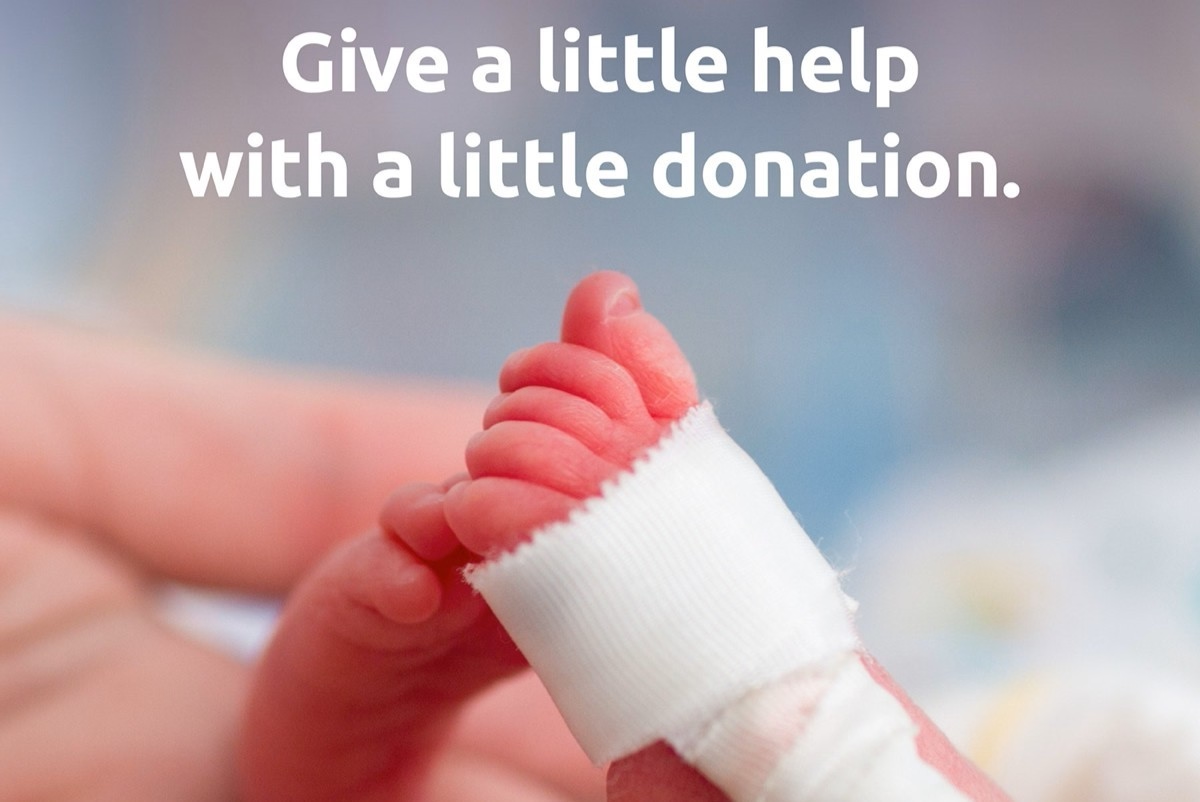Study reveals HPV vaccine linked to decline in premature births
The introduction of the HPV vaccine in 2007 is likely to have prevented 2000 Australian babies being born premature over eight years.
That’s the finding of a new research study to be published in the Journal of Infectious Diseases using population-level figures on births from 2007 to 2015.
In 2007, Australia was one of the first countries to provide citizens with a vaccine for the Human Papillomavirus (HPV), which causes cervical and other cancers. The vaccine was initially given to teenage girls and young women up to the age of 26 and is now provided to both girls and boys in early high school.
HPV infection rates in women aged 18 to 35 have dropped by 80 per cent since the national vaccination program was introduced, to a rate of 2 per cent or less.
Karen Canfell, director of research at Cancer Council NSW and one of the co-authors of the paper, said the research showed a correlation across the population between vaccine coverage of 60-80 per cent and a fall in premature births, low birth weight and other adverse pregnancy outcomes.
“What is estimated is in this group of women, aged 37 or less, there’s around a 3.2 per cent decline in premature delivery,” Canfell said.
“That might not sound very much, but we estimate that is equivalent to around 2000 premature births being prevented.”
The vaccine coverage was also correlated with a 9.8 per cent fall in births that are small for gestational age, meaning the baby is smaller than expected for the number of weeks pregnancy.
Canfell said the researchers tried to account for other factors such as the decline in smoking over the same time period, but could not account for all. However, the result was in line with expectations given the known impact of HPV on pregnancy outcomes.
“We know there is a small risk of adverse pregnancy outcomes resulting from treating pre-cancerous lesions, and we know that the vaccines result in the reduction in those lesions, and so everything is backed up in terms of this being an effect that we would expect,” she said.
The research was based on the Australian Institute of Health and Welfare’s National Perinatal Data Collection, which records information routinely collected by states and territories about all births in Australia. This includes details about the demographic, lifestyle and medical details of the mother, and factors relating to the pregnancy, labour, delivery and infant.
See the full article on Stuff here
Thanks so much for sharing your personal story!
We get a lot of positive feedback from families in a neonatal unit who read these stories and feel strength, hope and positivity knowing that they are not alone going through these experiences and feeling certain emotions.
If you would like to discuss sharing the story of your neonatal journey, we’d love to hear from you.

Support Us
If you want to help our support of families going through the stress and anxiety of a neonatal journey, you can donate via the link below.
- The Little Miracles Trust provides support to families of premature or sick full-term babies as they make their journey through Neonatal Intensive Care, the transition home, and onwards. We do not receive any Government funding and are entirely reliant on the generosity of individuals, companies and organisations in the form of donations, value-in-kind donations, grants, sponsorship and fundraising events to supplement operating costs and fund our services and initiatives.
- As we are a registered charity (CC56619) with Charities Services New Zealand we will send you an IRD compliant tax receipt – this will happen automatically by return email.